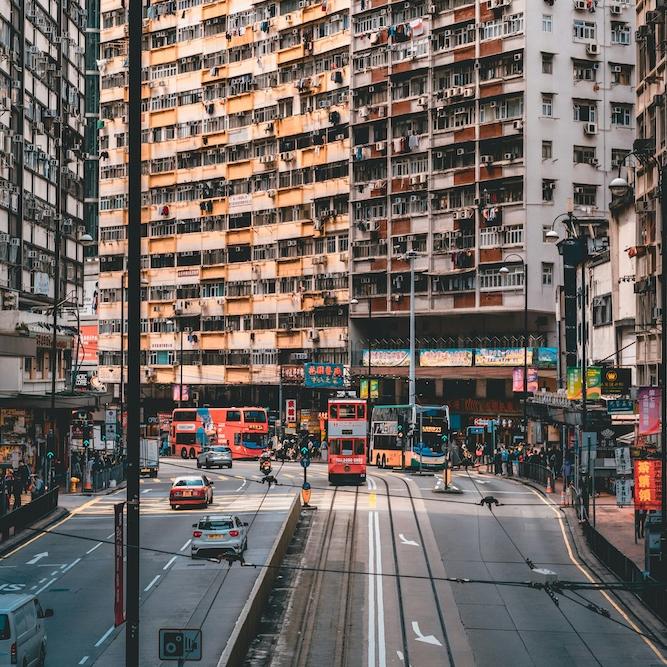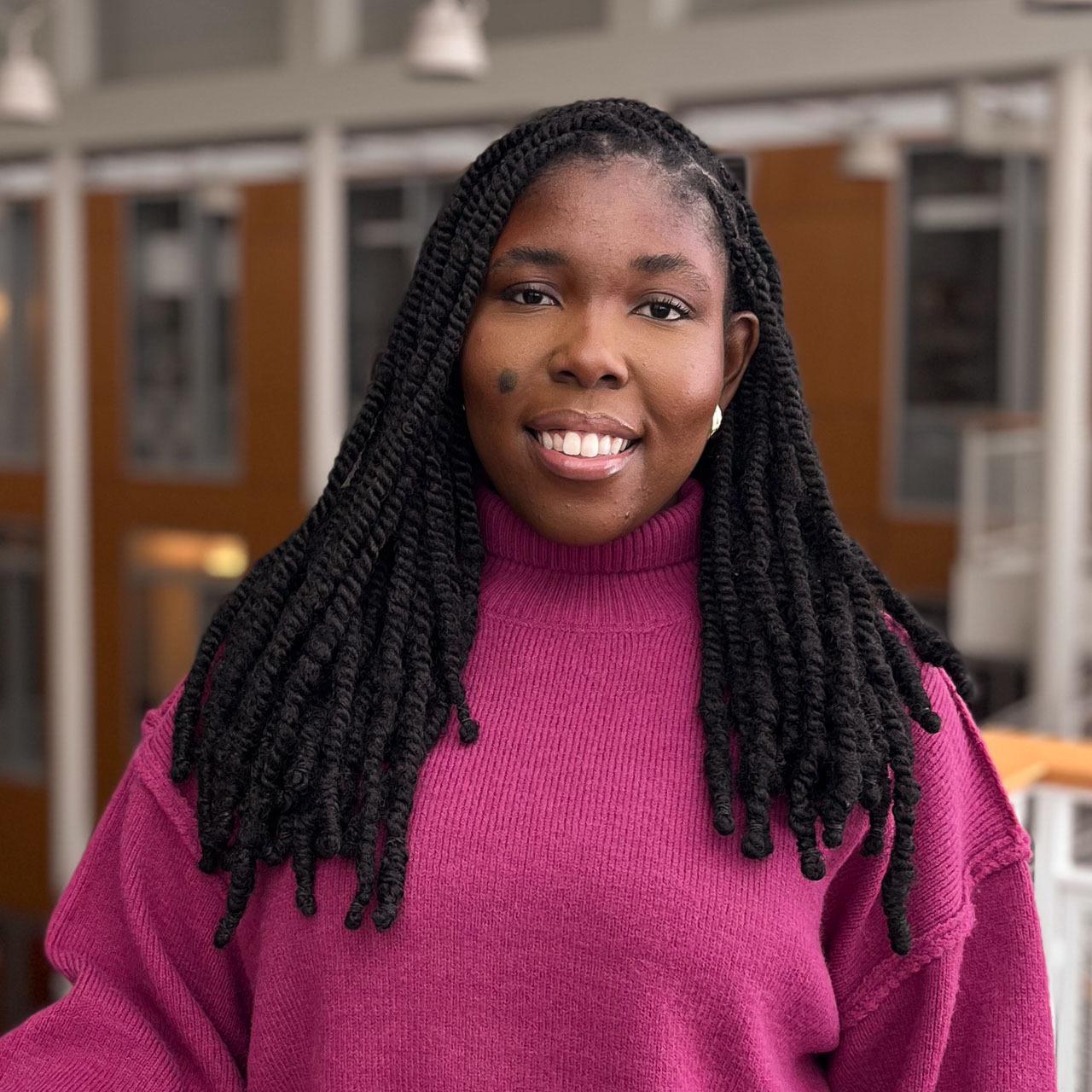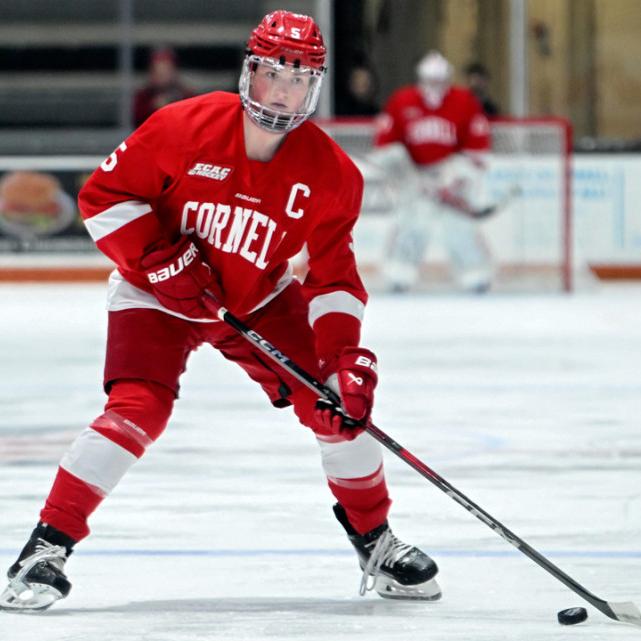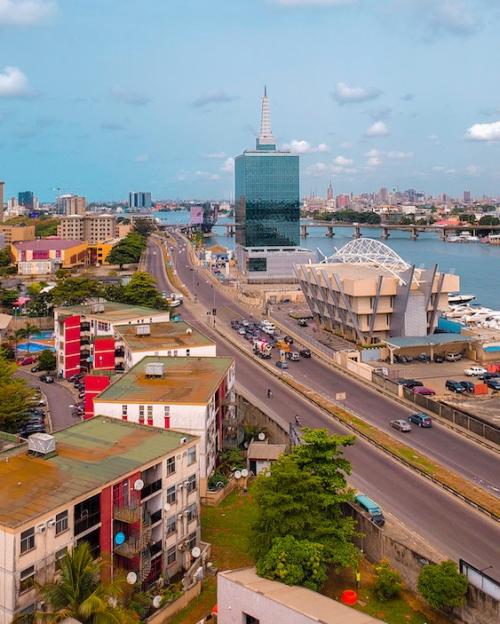On Saturday, Nigerians will head to the polls for a fiercely-competitive presidential election in Africa’s largest democracy.
Rachel Beatty Riedl, director of the Mario Einaudi Center for International Studies and a scholar of Sub-Saharan Africa political systems, is available for interviews ahead of what she calls “an opportunity of historic turnover.”
Riedl says: “The 2023 elections in Nigeria represent much more than an opportunity for historic turnover. This is indeed a landmark election, it signals 24 years of democracy, with the incumbent president stepping down after fulfilling his term. The electoral field is highly competitive, for the presidency and down ballot.
“These elections are about the future of Nigeria as an entity. The citizens want a stable and coherent state, an end to the violence that has been plaguing the country (and which brought Buhari to power with his claims to be able to curb it). People expect to see change, they want to restore their sense of the future.
“One of the keys to watch in this election is the question of access, in the face of high levels of insecurity and violence: access for election officials to set up the elections and proctor it, access for candidates to campaign across their respective territories, access for voters to get to the polls and cast their votes safely. There have already been over 50 attacks on the Independent Electoral Commission’s infrastructure. There are nearly 3 million internally displaced people, will they have access to the vote? Citizens and candidates alike are mobilizing to turn out because of the high stakes of this election, but the threats are also high.
“Another key to watch in this election is the question of rotation. The main political parties have shifted in terms of who they are viewed to represent, around some leading candidates; new insurgent candidates are gaining ground quickly. Part of this election will be viewed as a test of who is welcome in Nigeria, who has a place, who is allowed to hold power.”
For interviews contact Becka Bowyer: cell (607) 220-4185; rpb224@cornell.edu.






